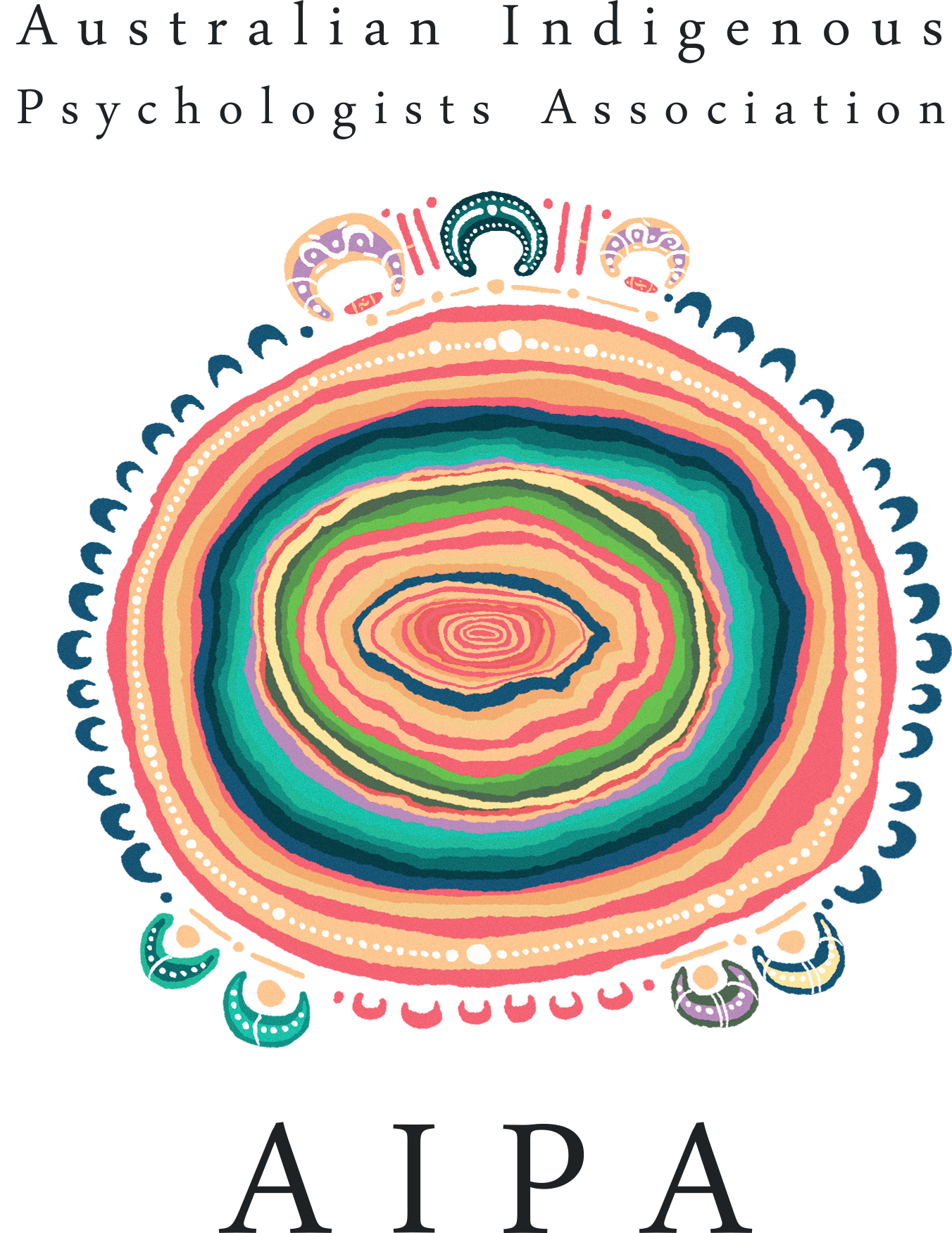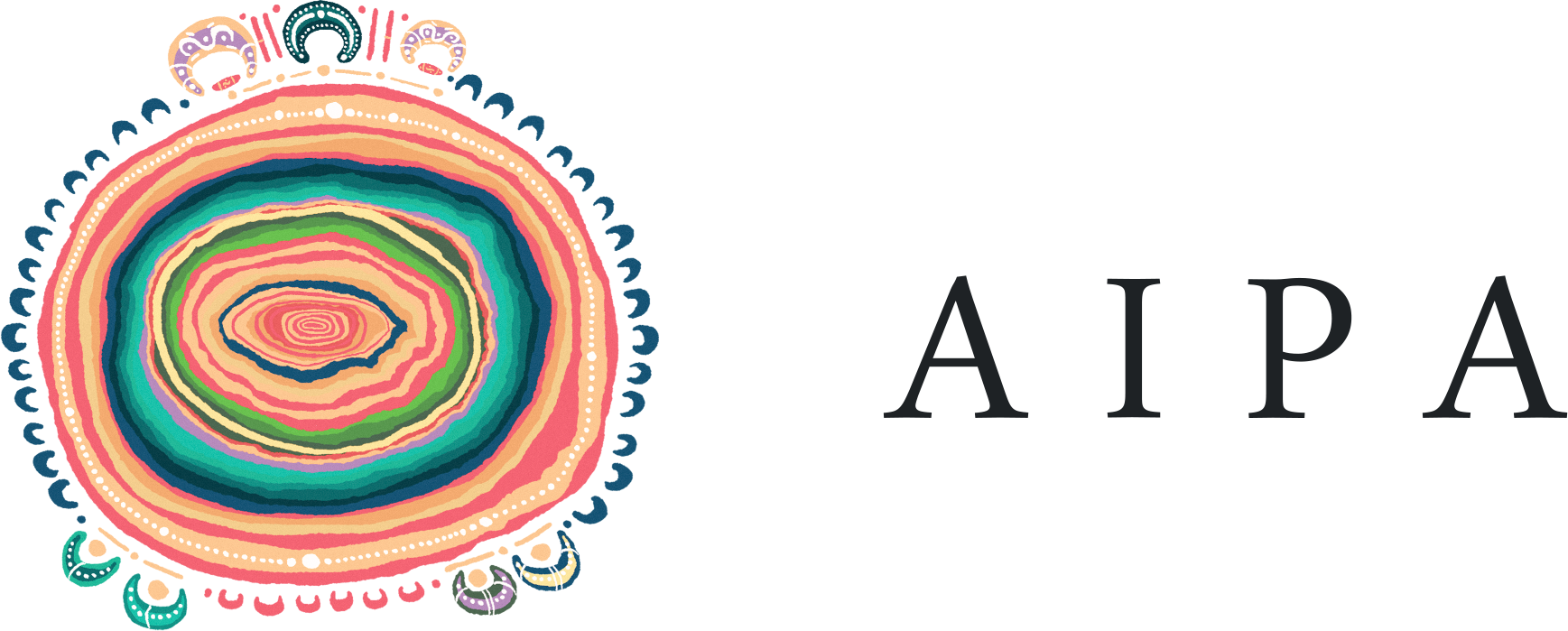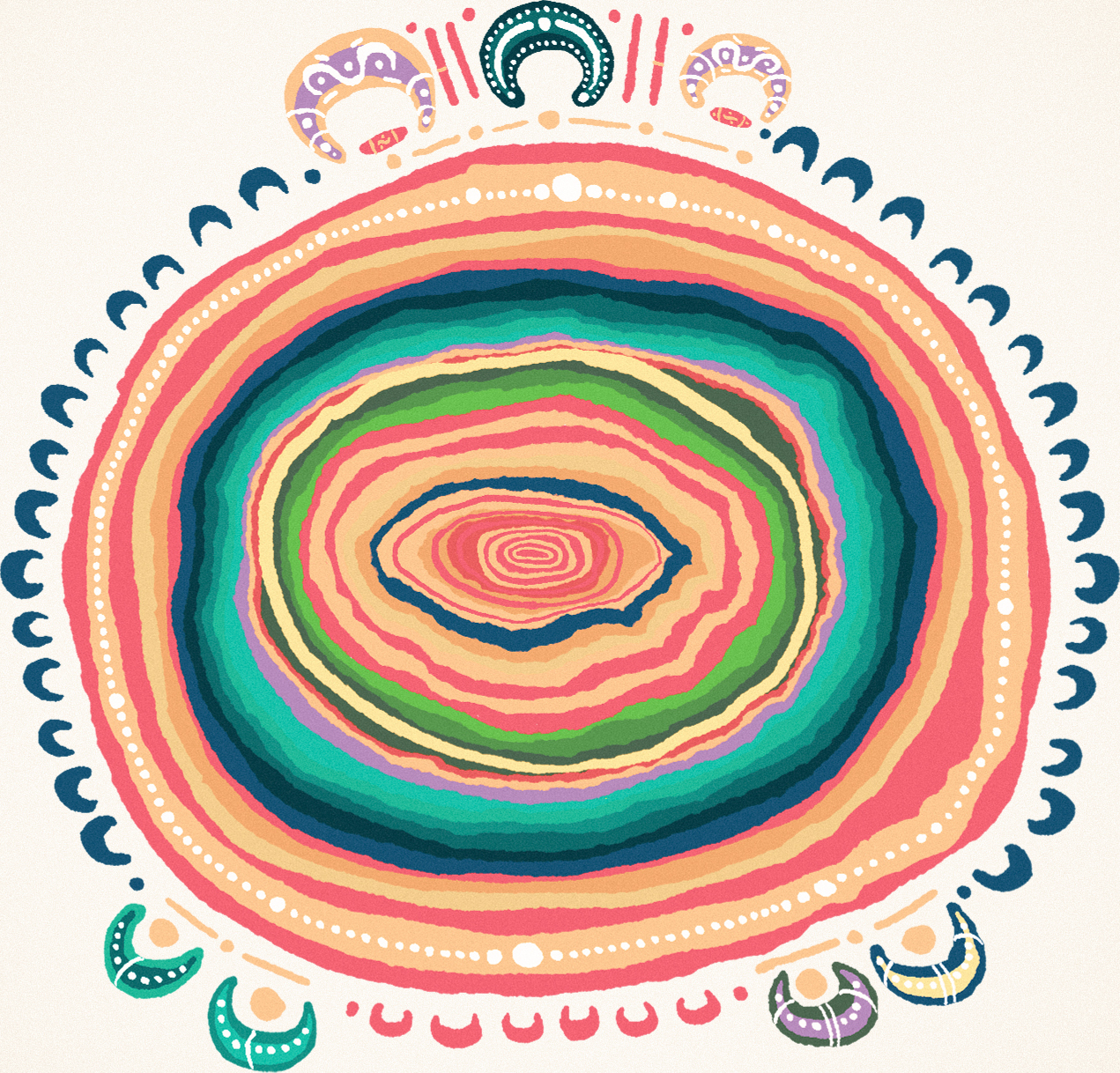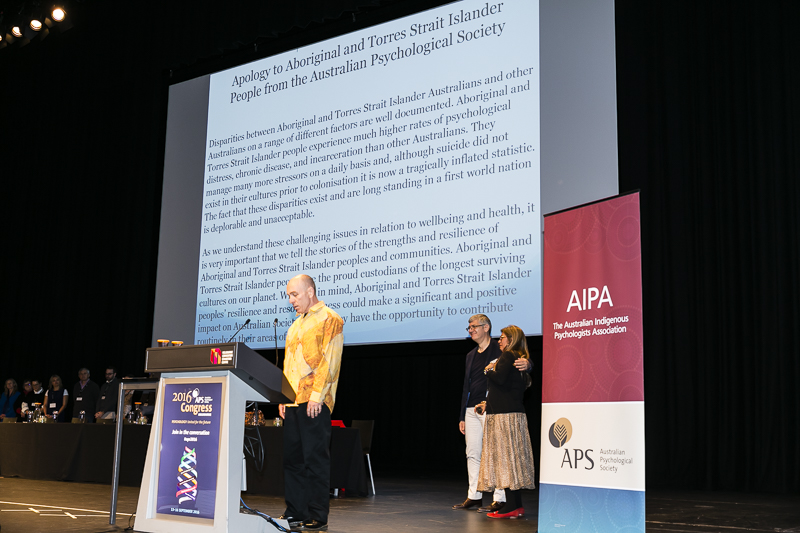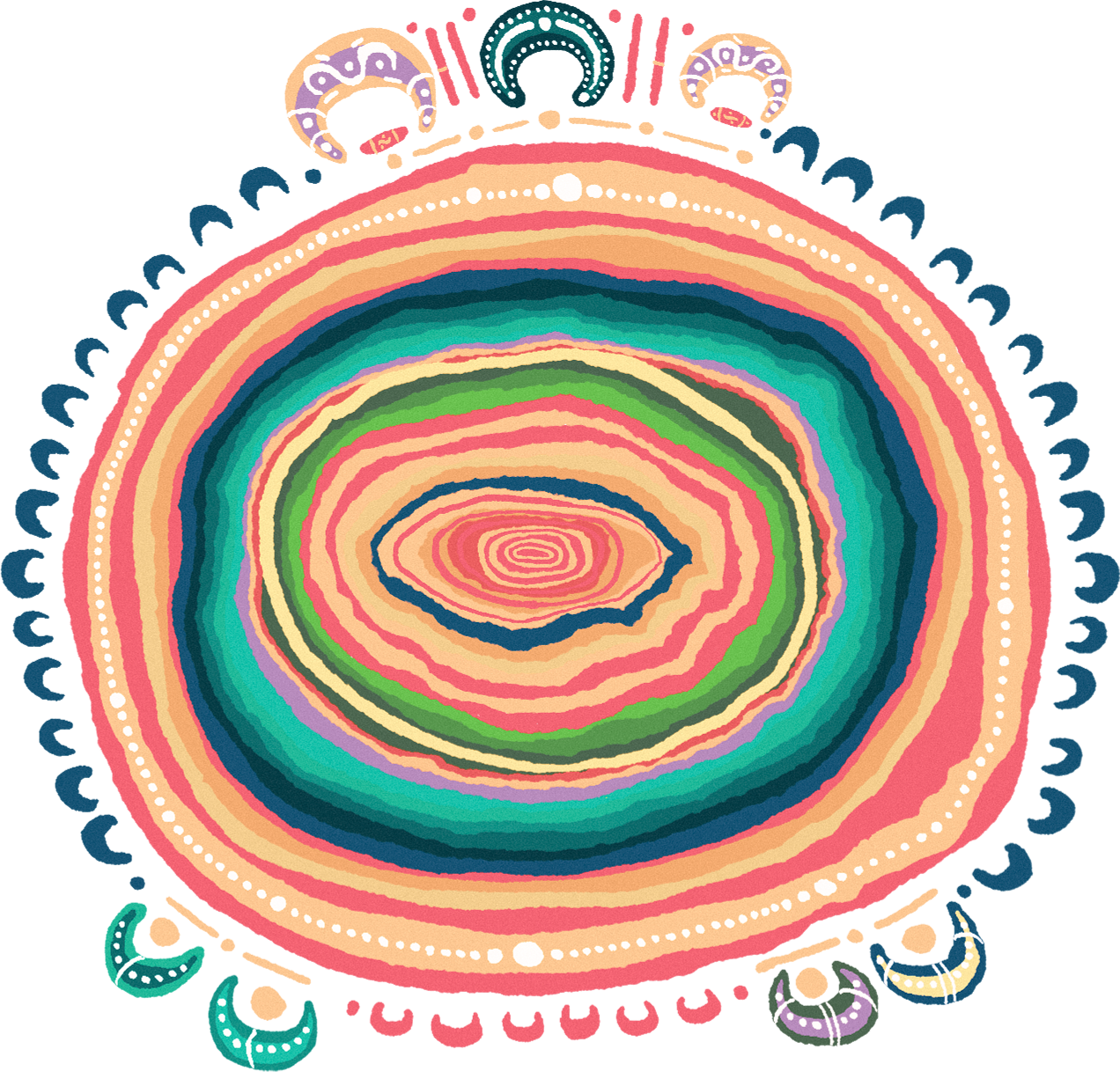
AIPA Aims to:
- Operate as a representative body for Aboriginal and Torres Strait Islander psychologists in Australia.
- Improve the social and emotional well-being and mental health of Aboriginal and Torres Strait Islander peoples by leading change required to deliver equitable, accessible, responsive and culturally sensitive psychological care which respects and promotes their cultural integrity.
- Advocate for increasing the number of Indigenous psychologists in Australia, to reach population parity. Including by advocating for increasing the number of Indigenous entrants into university psychology programs.
- Provide leadership on issues related to the social and emotional wellbeing and mental health of Aboriginal and Torres Strait Islander peoples.
- Participate in and advocate for psychology in Australia to be responsive to Aboriginal and Torres Strait Islander cultures and to be grounded in holistic Indigenous perspectives and the determinants of social and emotional wellbeing.
- Support members to engage in research to generate improved policy and social and emotional wellbeing and mental health outcomes for Aboriginal and Torres Strait Islander peoples.
Board of Directors


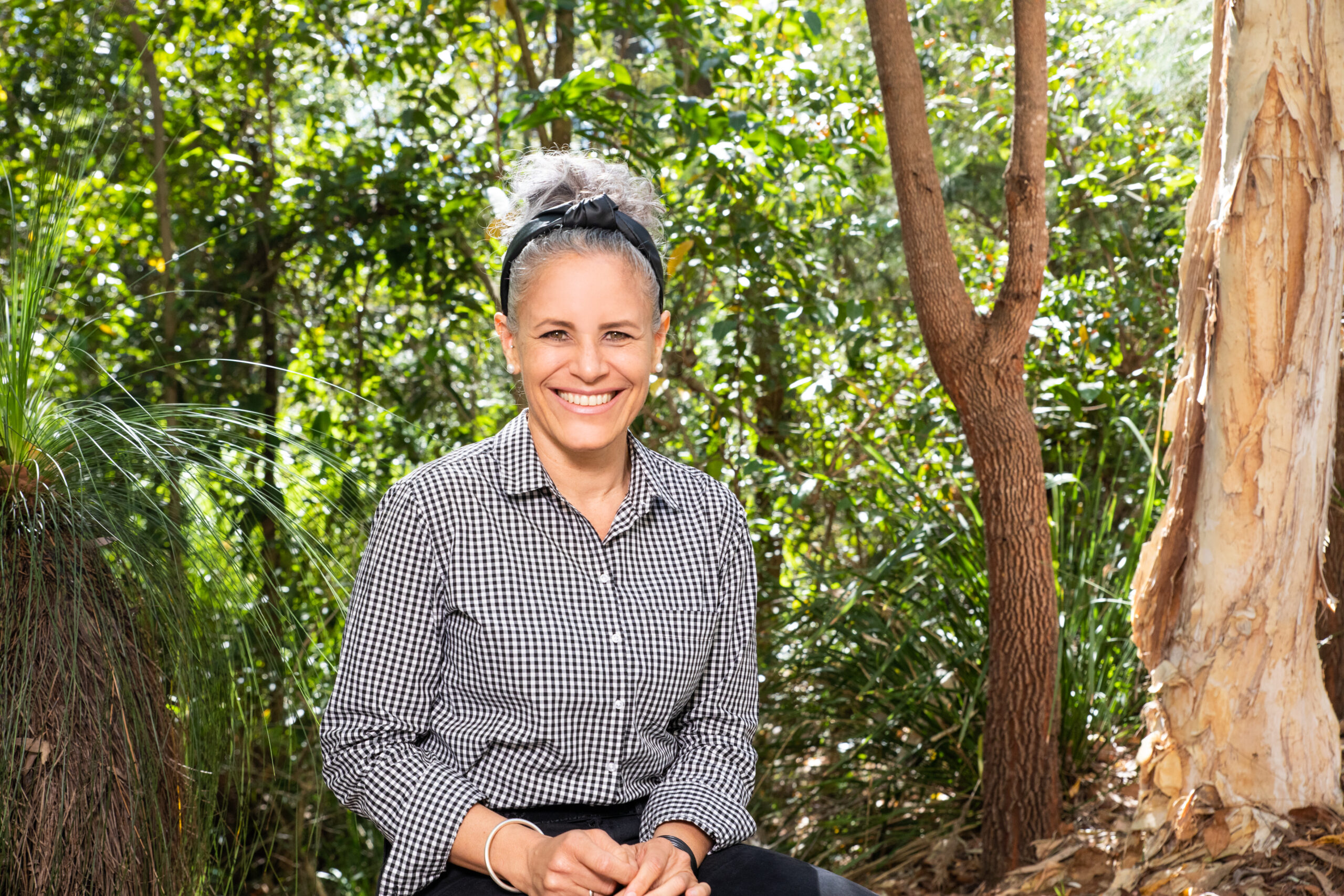

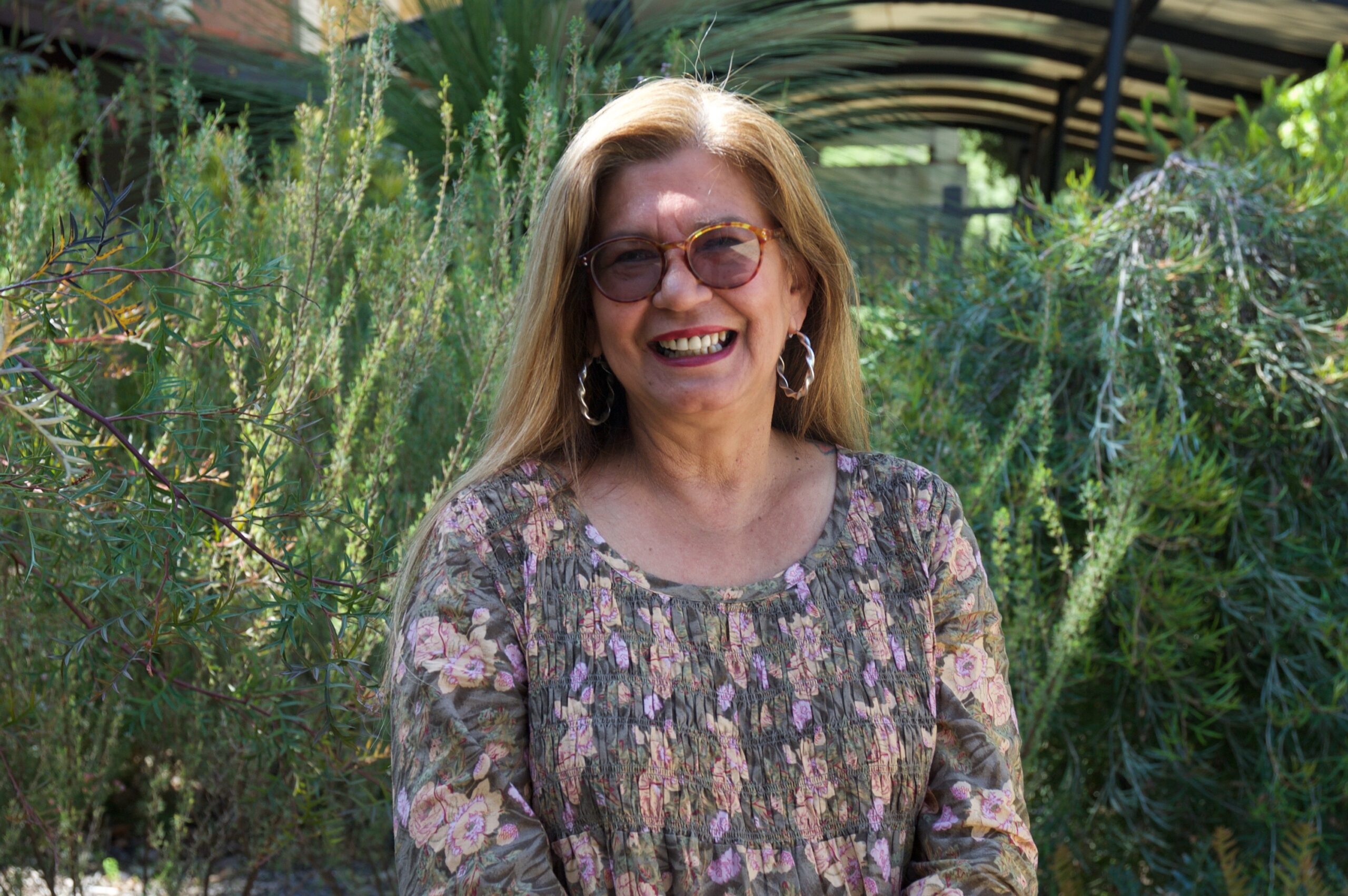
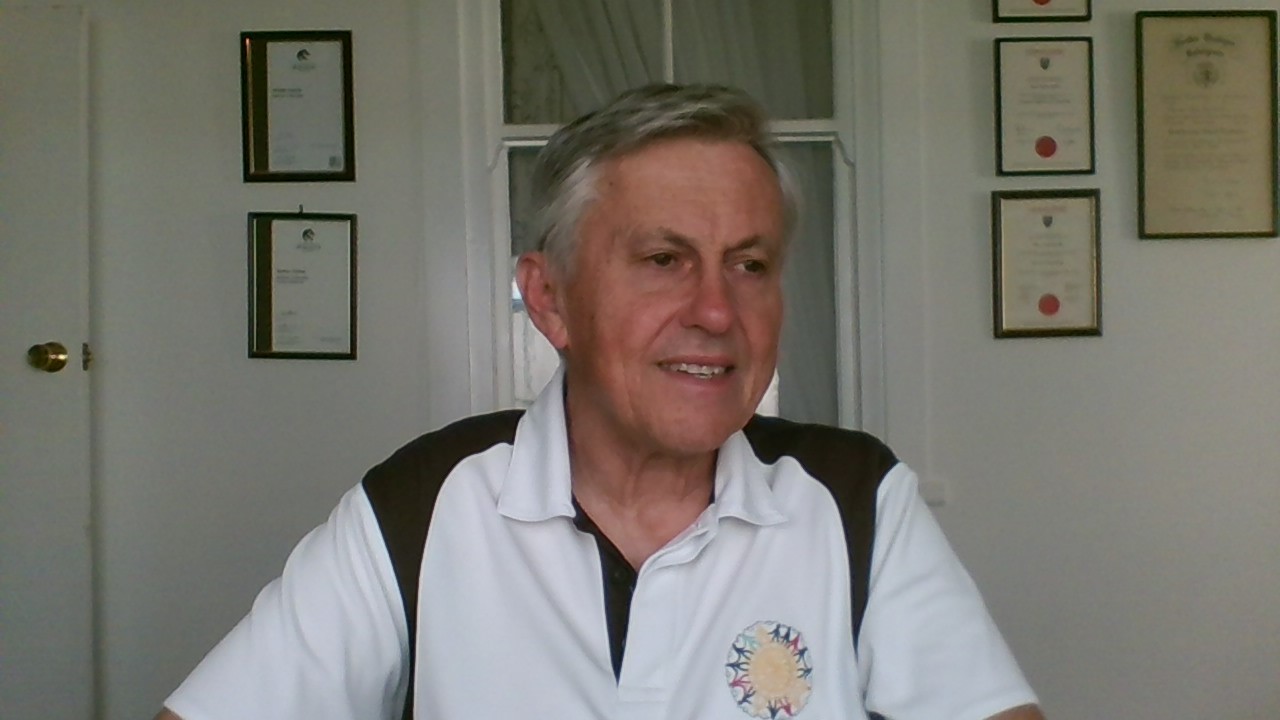
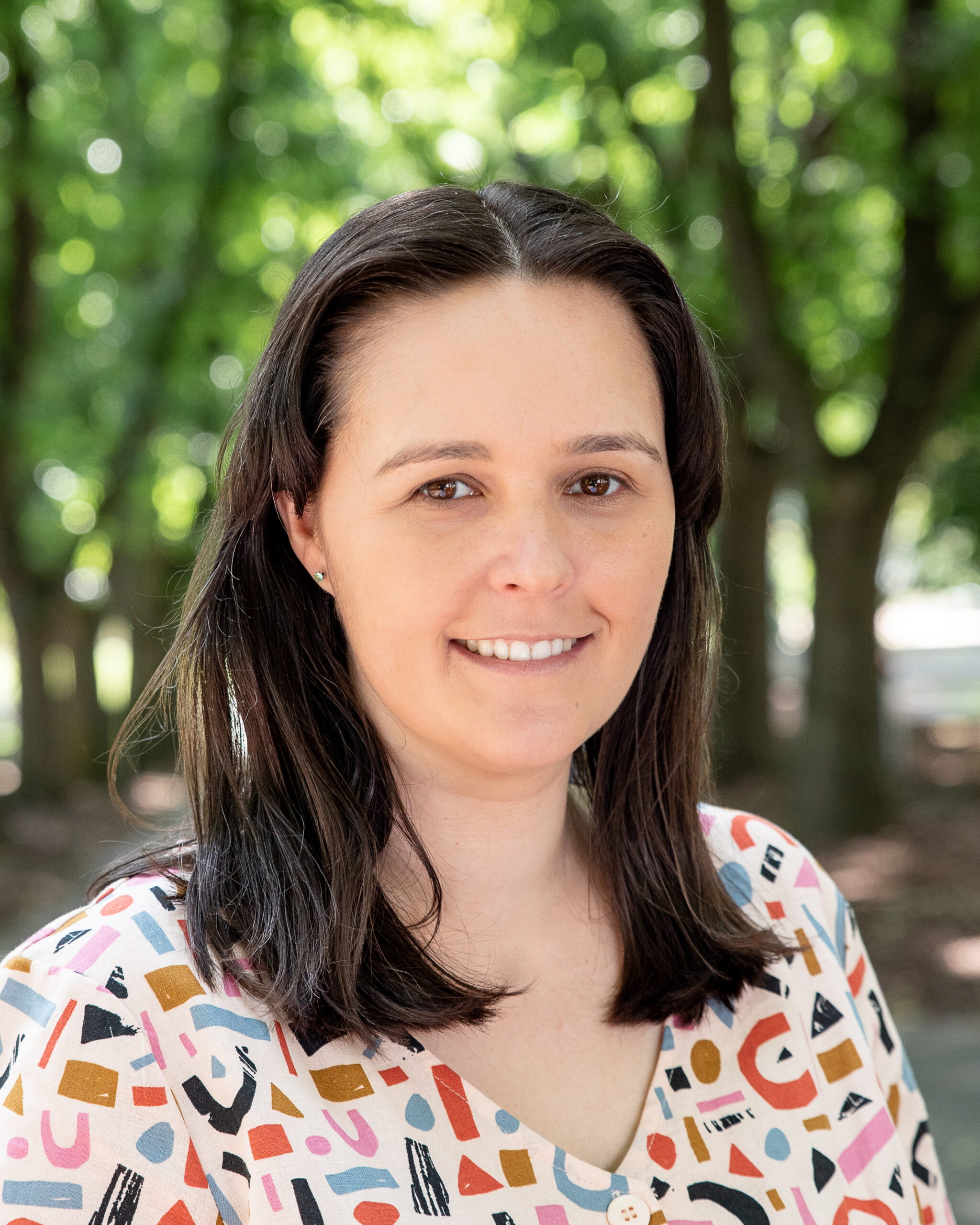


Background / History
The Formation of AIPA
The disparities in social and emotional wellbeing and mental health outcomes stimulated Aboriginal and Torres Strait Islander psychologists from all over Australia to meet in Melbourne on March 28 2008. This meeting was the first time Aboriginal and Torres Strait Islander psychologists had formally met together. The meeting was chaired by Pat Dudgeon. At the meeting, a unanimous decision was made to form the Australian Indigenous Psychologists Association (AIPA) under the auspices of the Australian Psychological Society.
A further meeting was held in Adelaide in July 2008 where the CEO of the Australian Indigenous Doctors Association, Romlie Mokak, facilitated the group to develop an Action Plan for its first year. An interim Steering Committee was formed at this meeting, chaired by Associate Professor Pat Dudgeon.
AIPA was formally launched at the Australian Psychological Society conference in Hobart on September 24 2008. The launch included local Aboriginal people and a presentation of traditional ceremonial implements to the President of the APS, Amanda Gordon, by AIPA members Carmen Cubillo and Christine Gillies. Carmen Cubillo read letters of support from Congress of Aboriginal and Torres Strait Islander Nurses, the Australian Indigenous Doctors Association and the Social Justice Commissioner, Tom Calma.
The formation of AIPA has allowed us, as Aboriginal and Torres Strait Islander psychologists, to work collectively and to speak with a united voice about the issues impacting on the social and emotional wellbeing and mental health of our people. Until AIPA formed, we were unable to engage collectively to contribute to closing the gap in social and emotional and mental health outcomes. Now that we have formed a representative body, we hope the psychology profession, governments, and other health professions and bodies will draw on our collective expertise and work collaboratively with us to help to close the gap in social and emotional wellbeing and mental health issues.
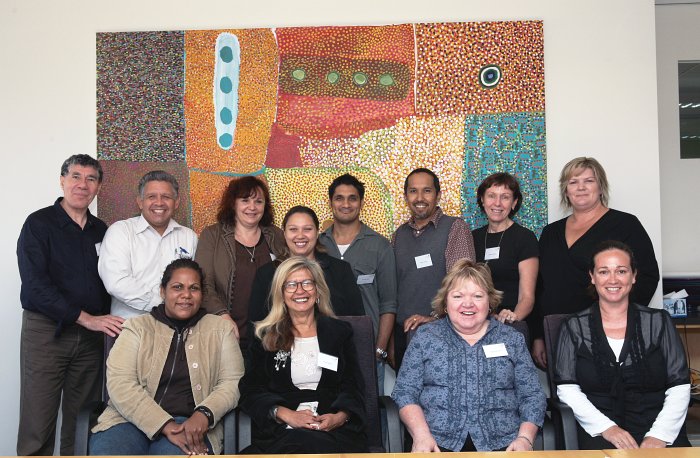
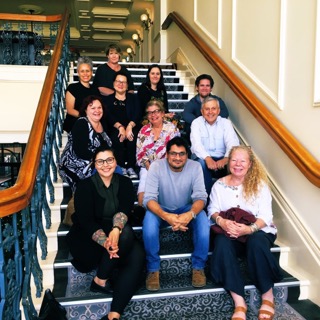
Becoming Incorporated
In August 2019, the Australian Indigenous Psychologists Association (Aboriginal Corporation) registered with the Office of the Registrar of Indigenous Corporations. This represented an important step for AIPA as an independent organisation focused on achieving equitable participation of Aboriginal and Torres Strait Islander peoples in psychology, and as a peak body representing Aboriginal and Torres Strait Islander psychologists.
In November 2019, AIPA members came together for their first Annual General Meeting of the new corporation. This gathering provided an opportunity for Aboriginal and Torres Strait Islander psychologists to come together to discuss our work and interests.
Over the last 12 years, AIPA has established itself as a strong voice in social and emotional wellbeing and mental health for Aboriginal and Torres Strait Islander peoples
